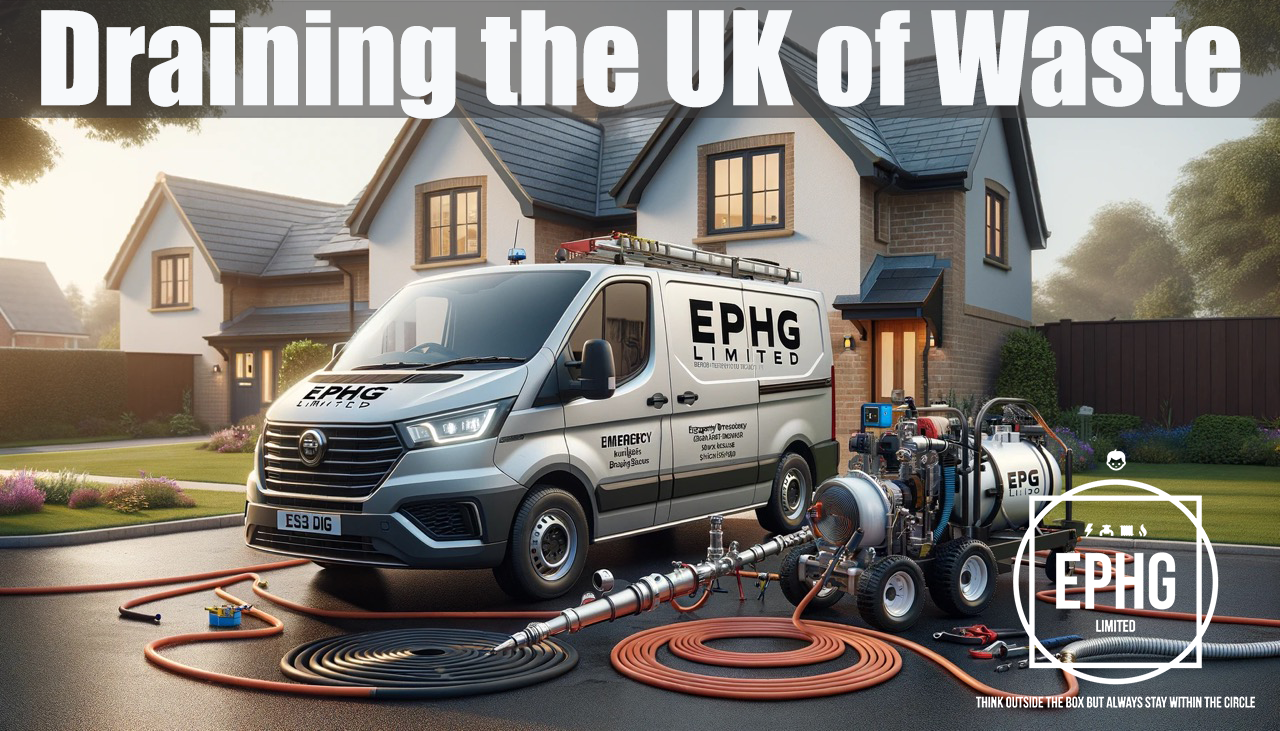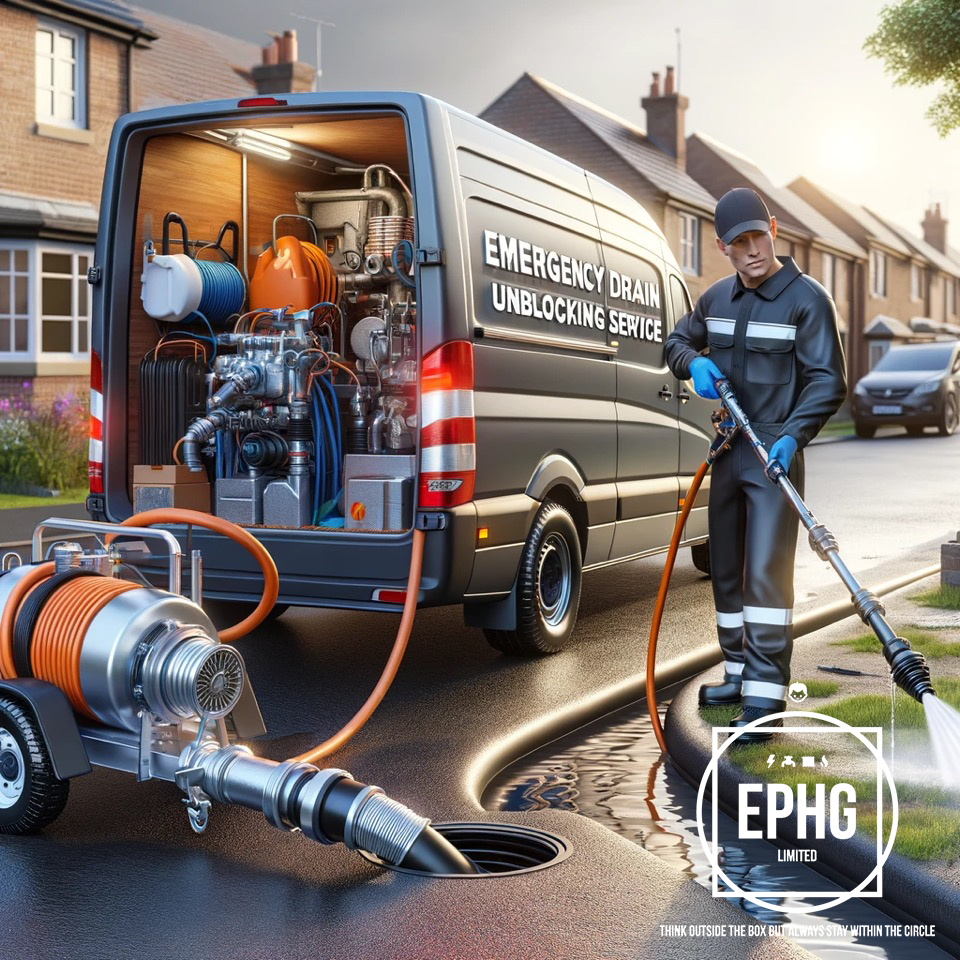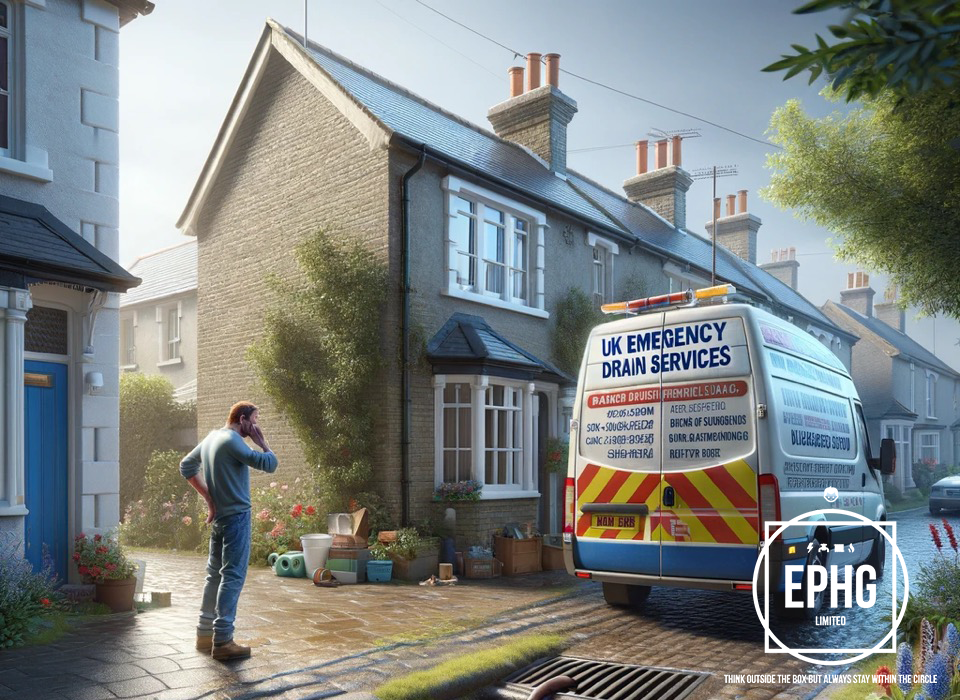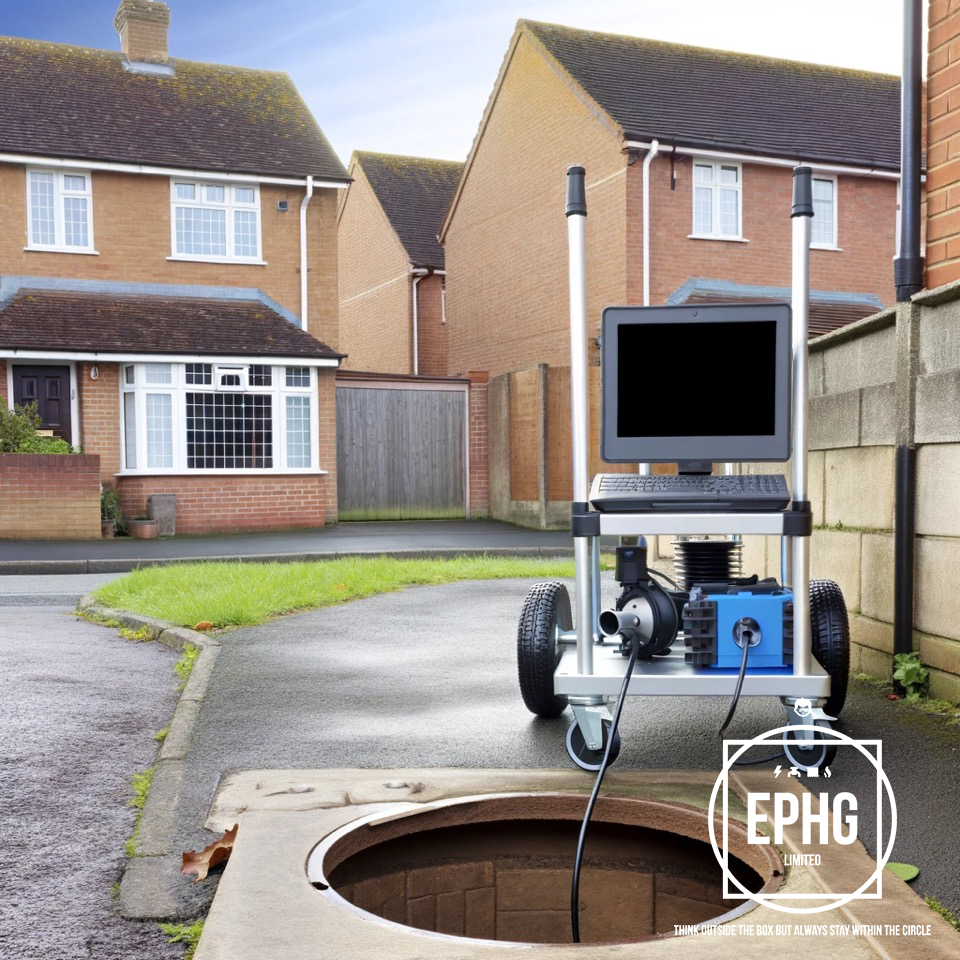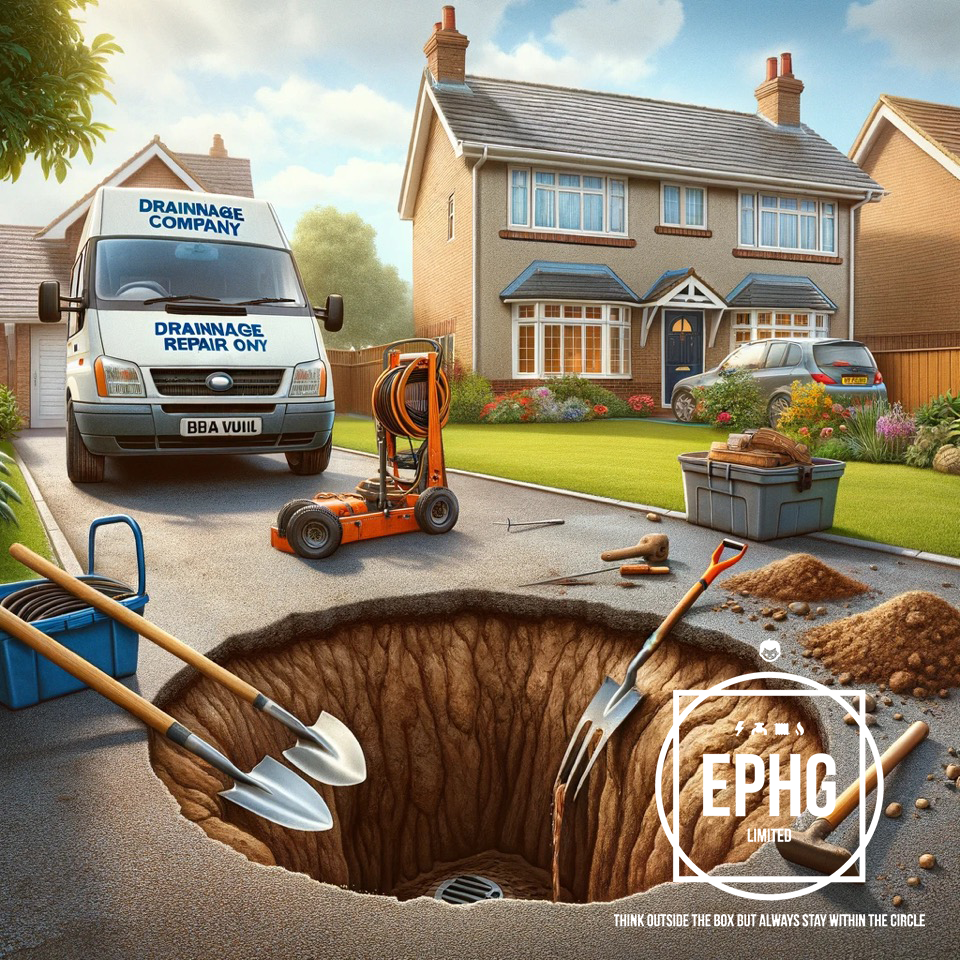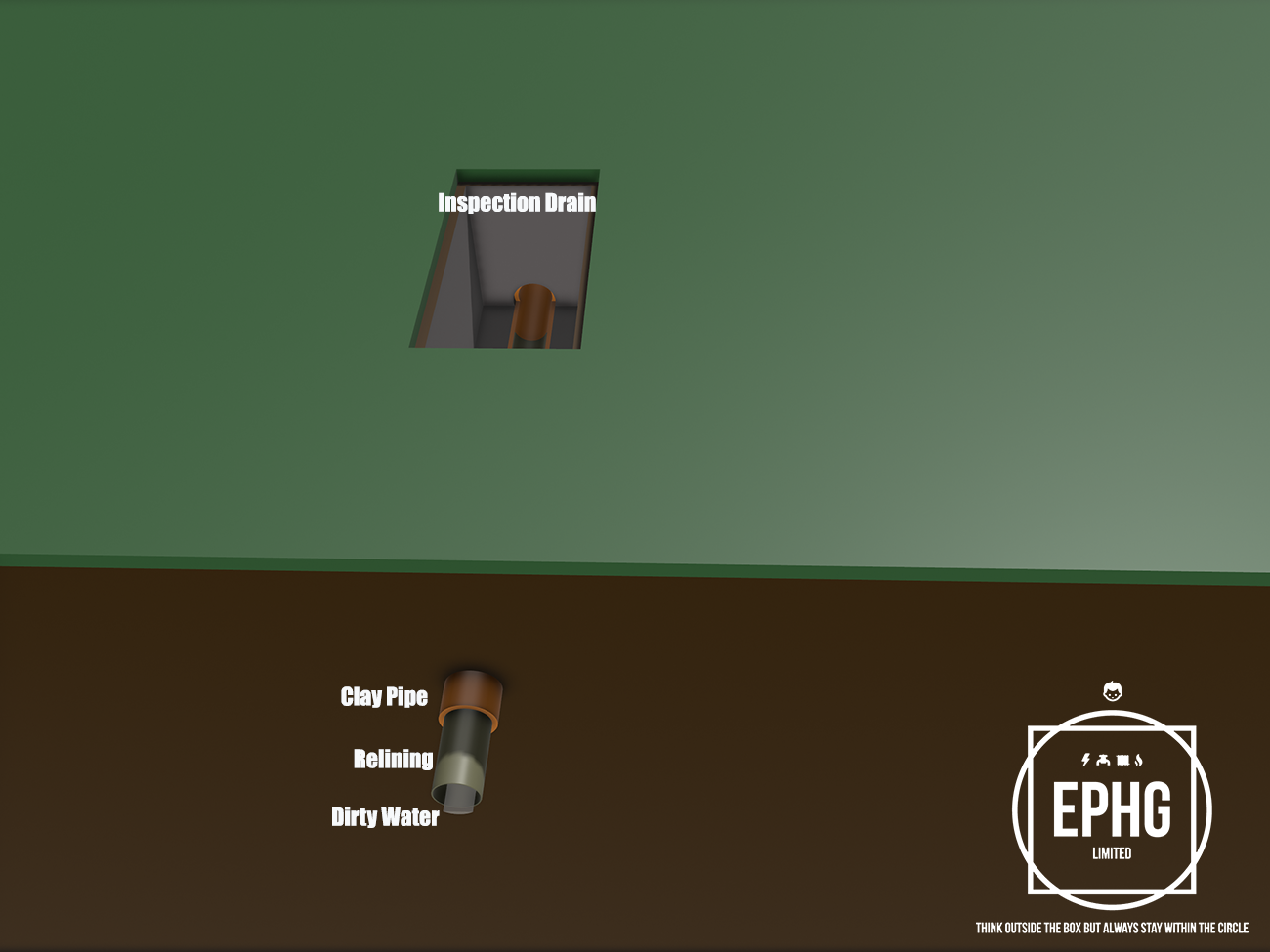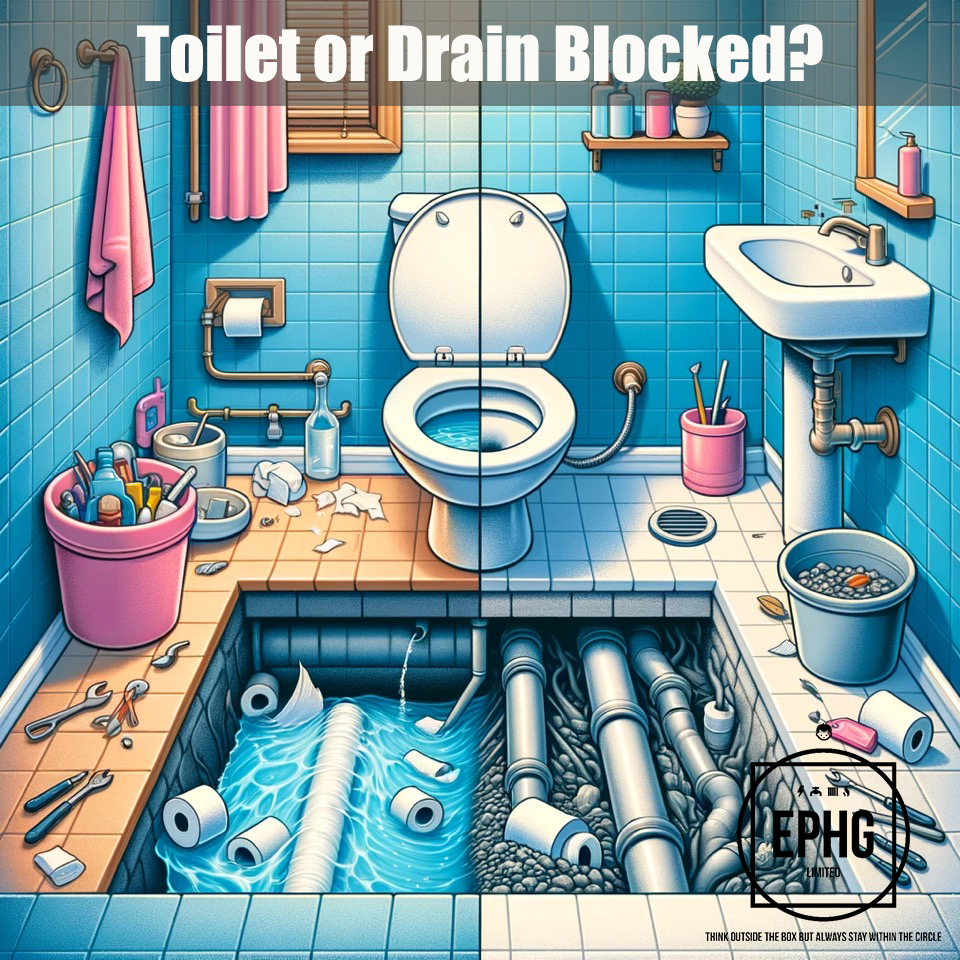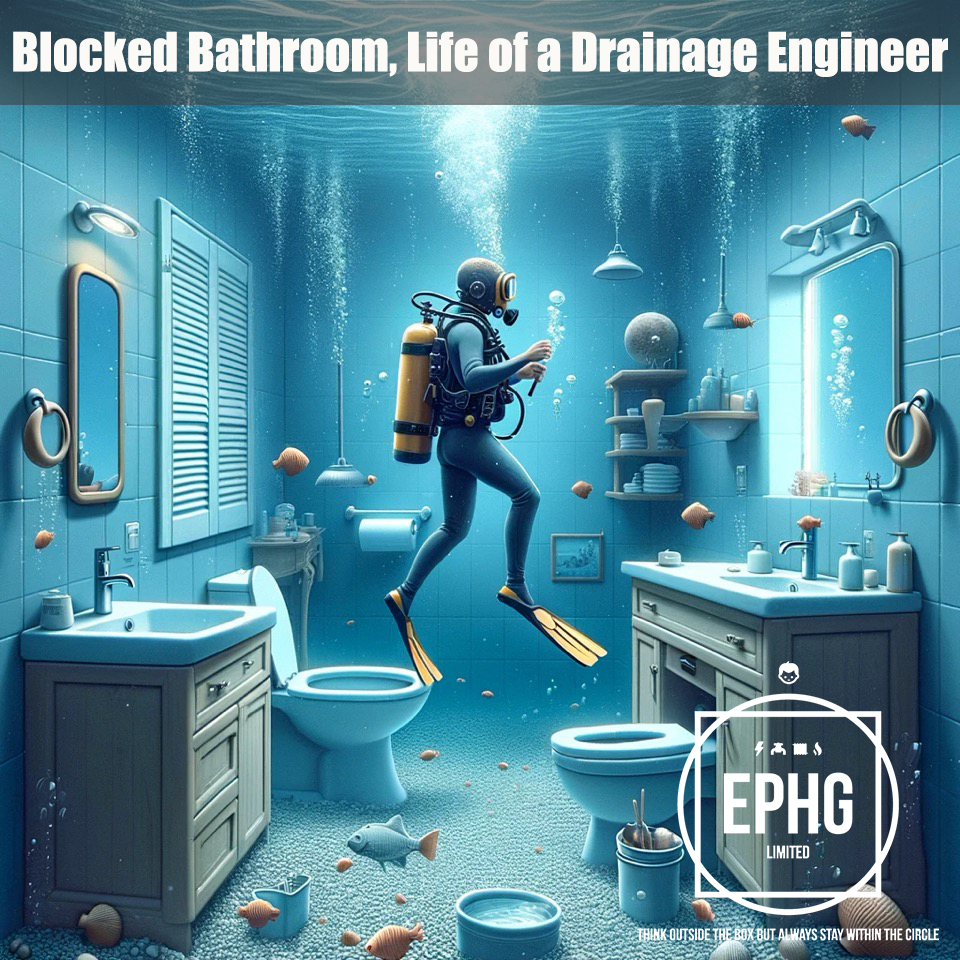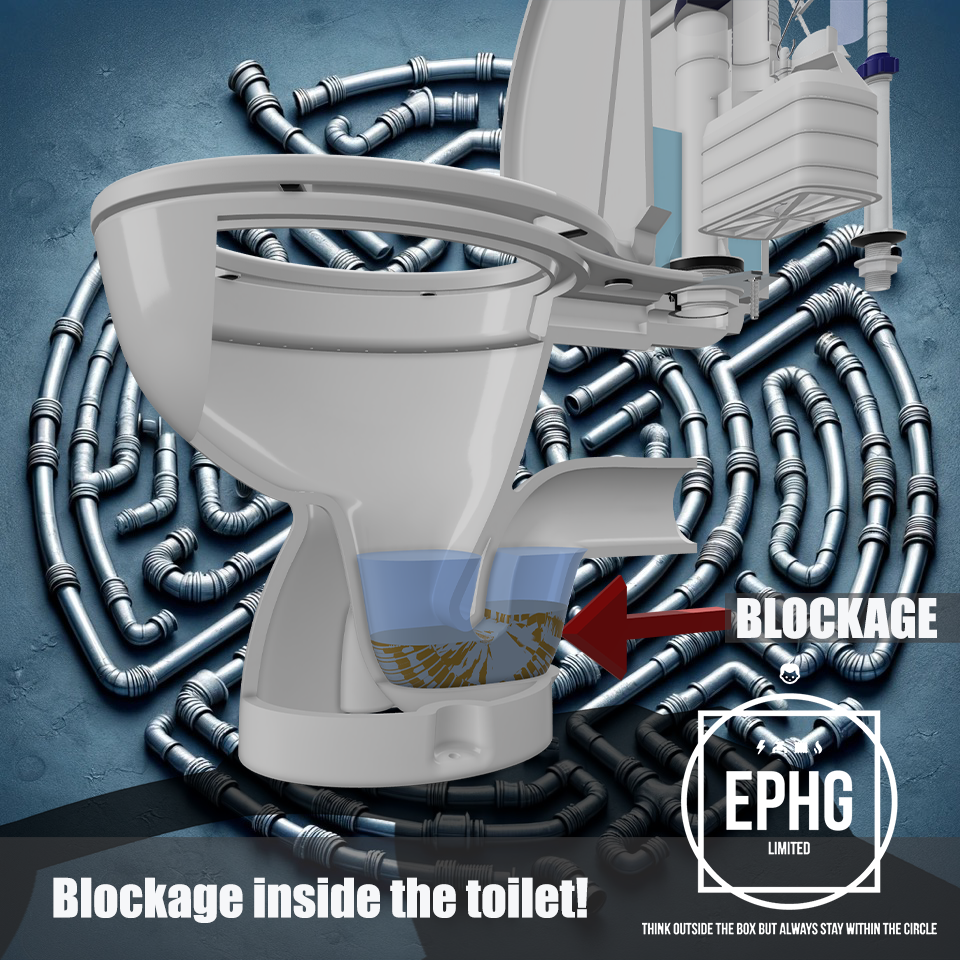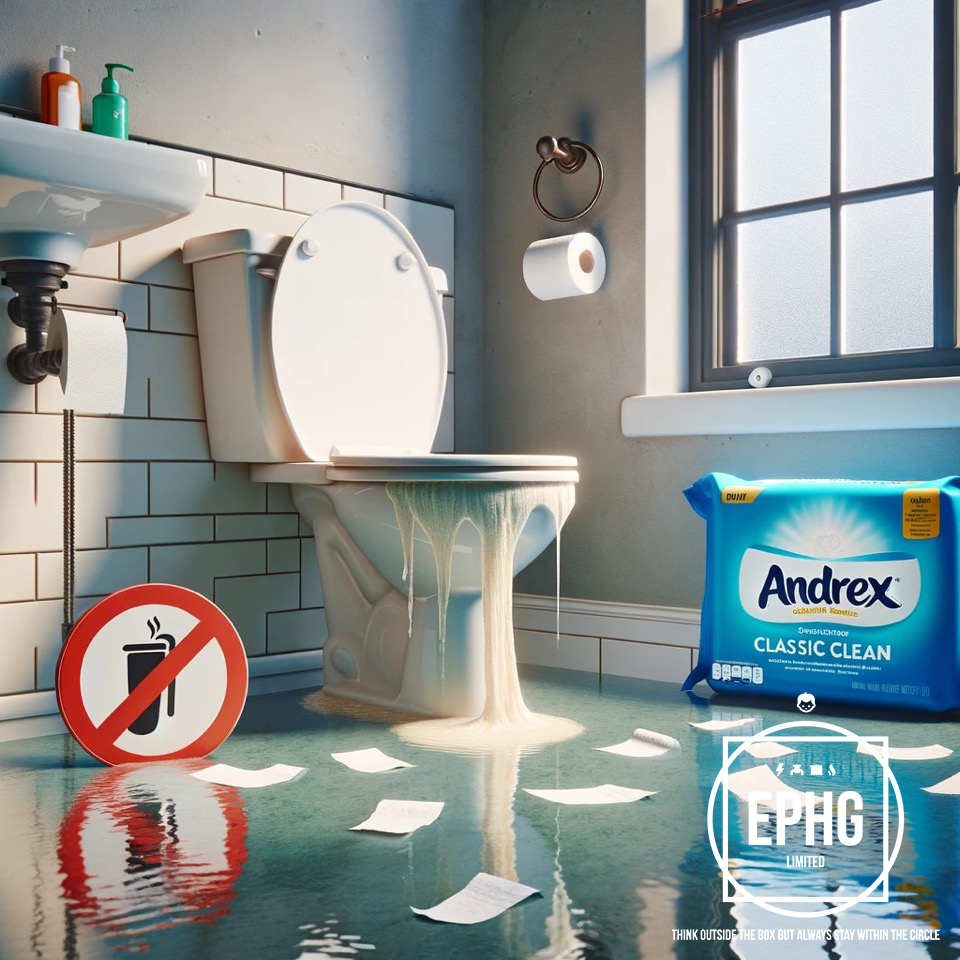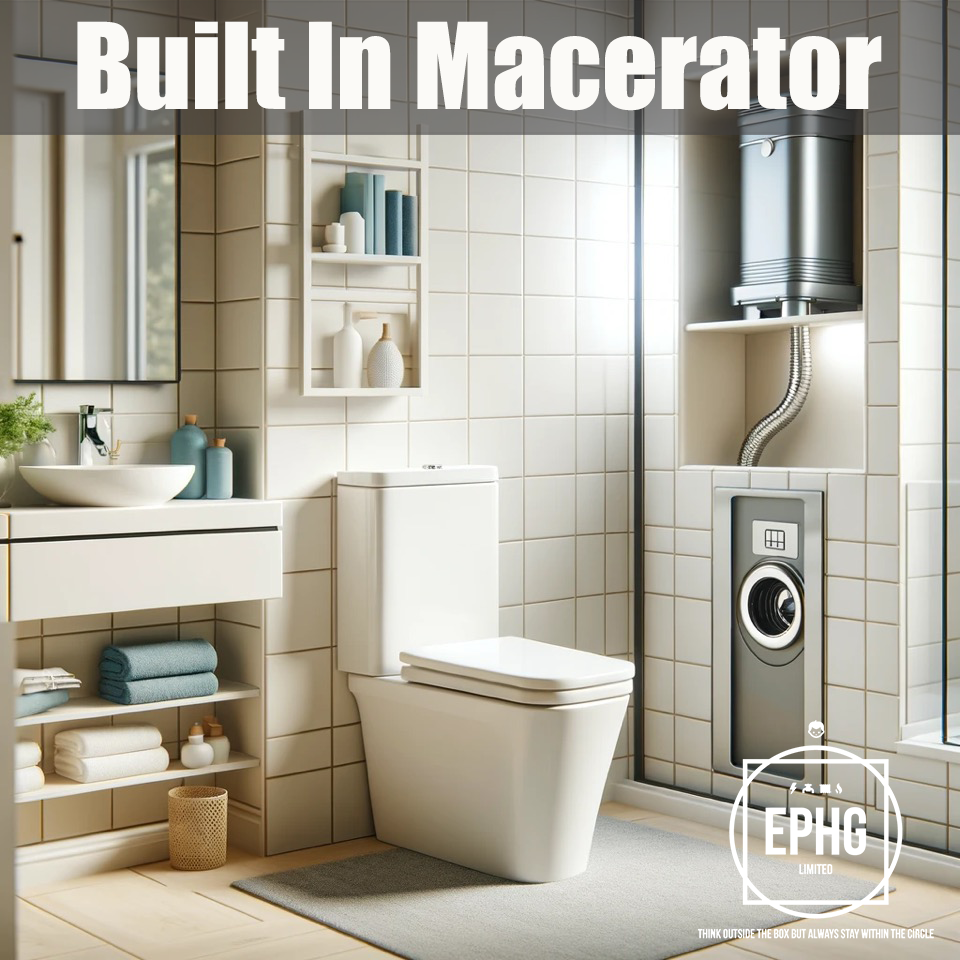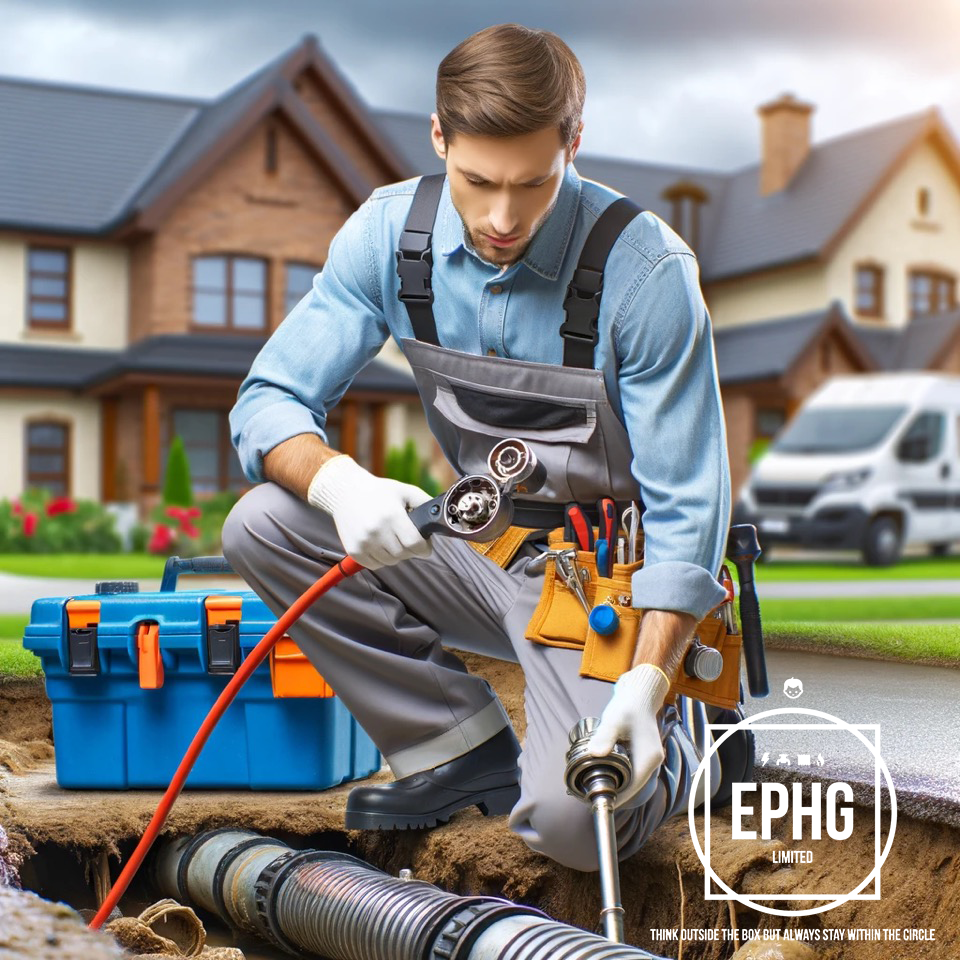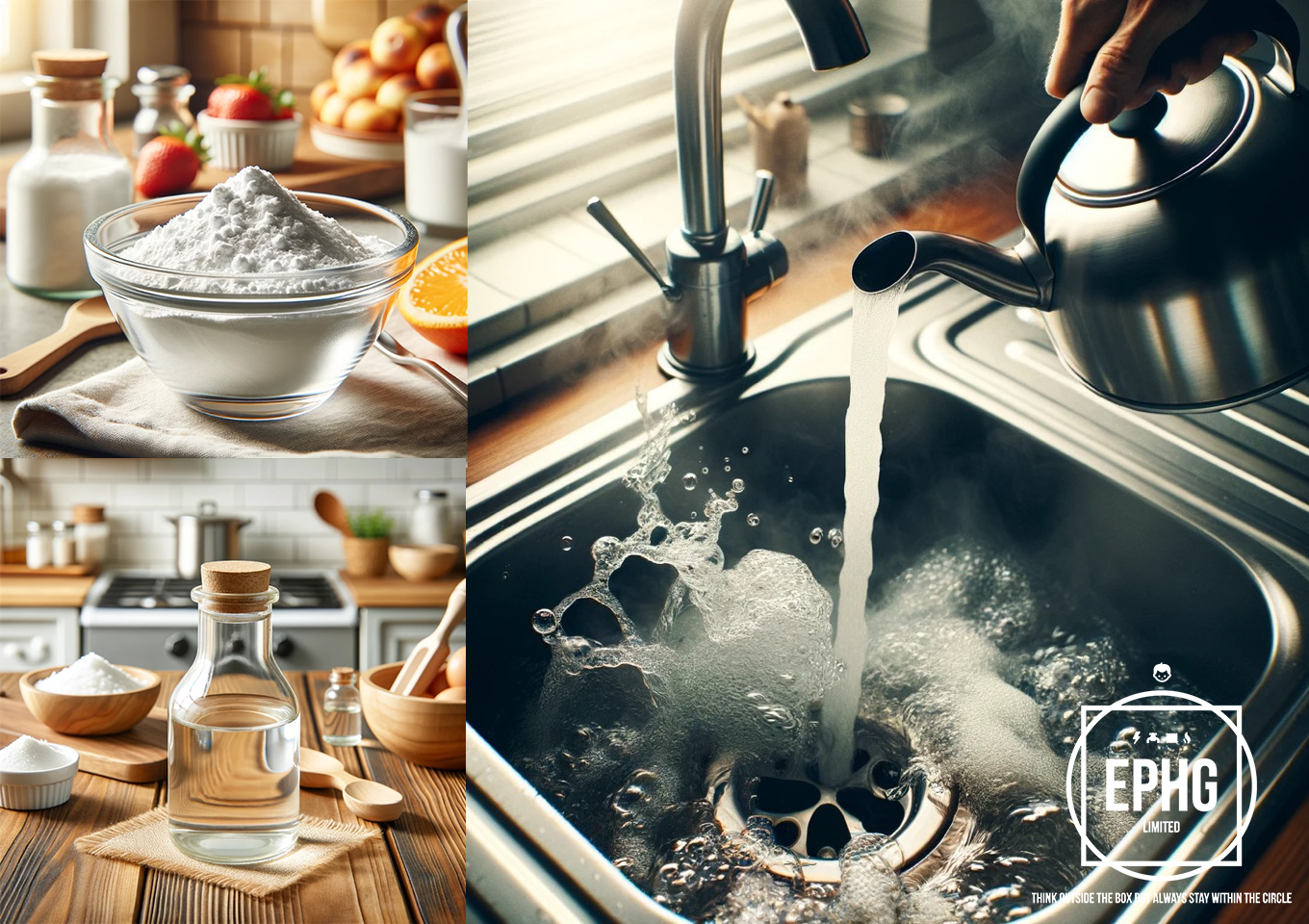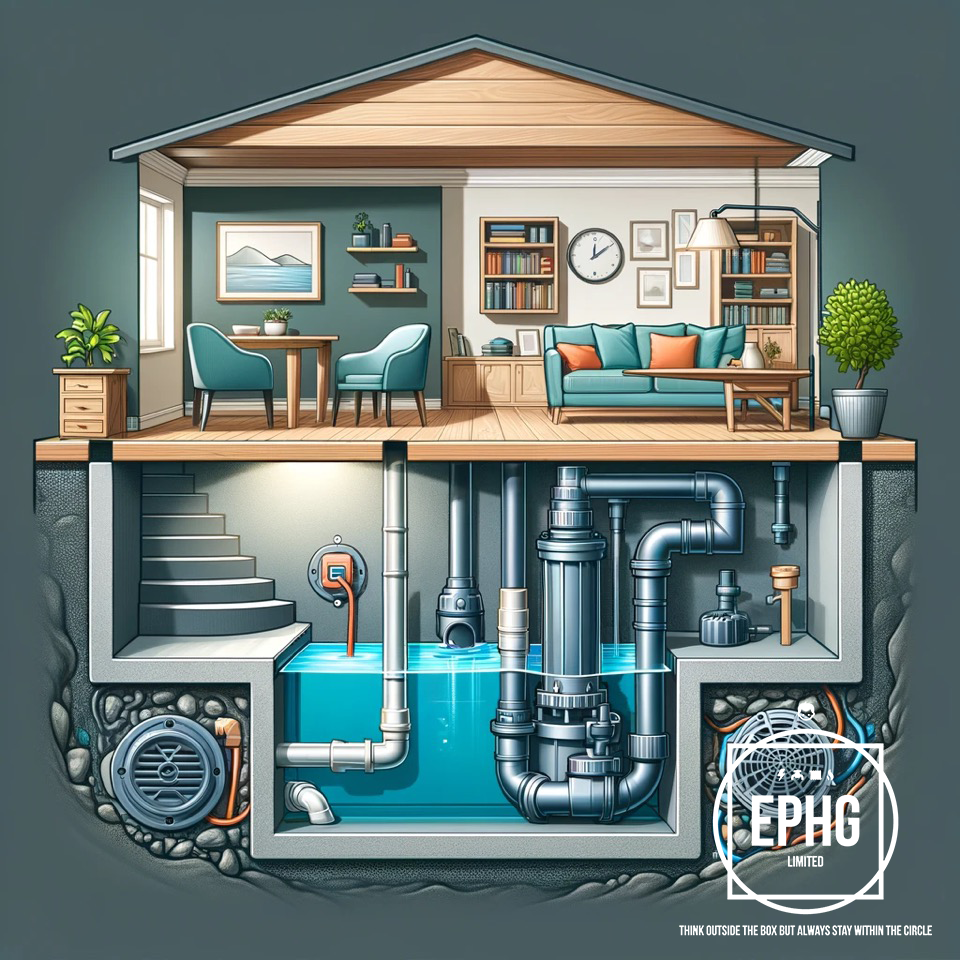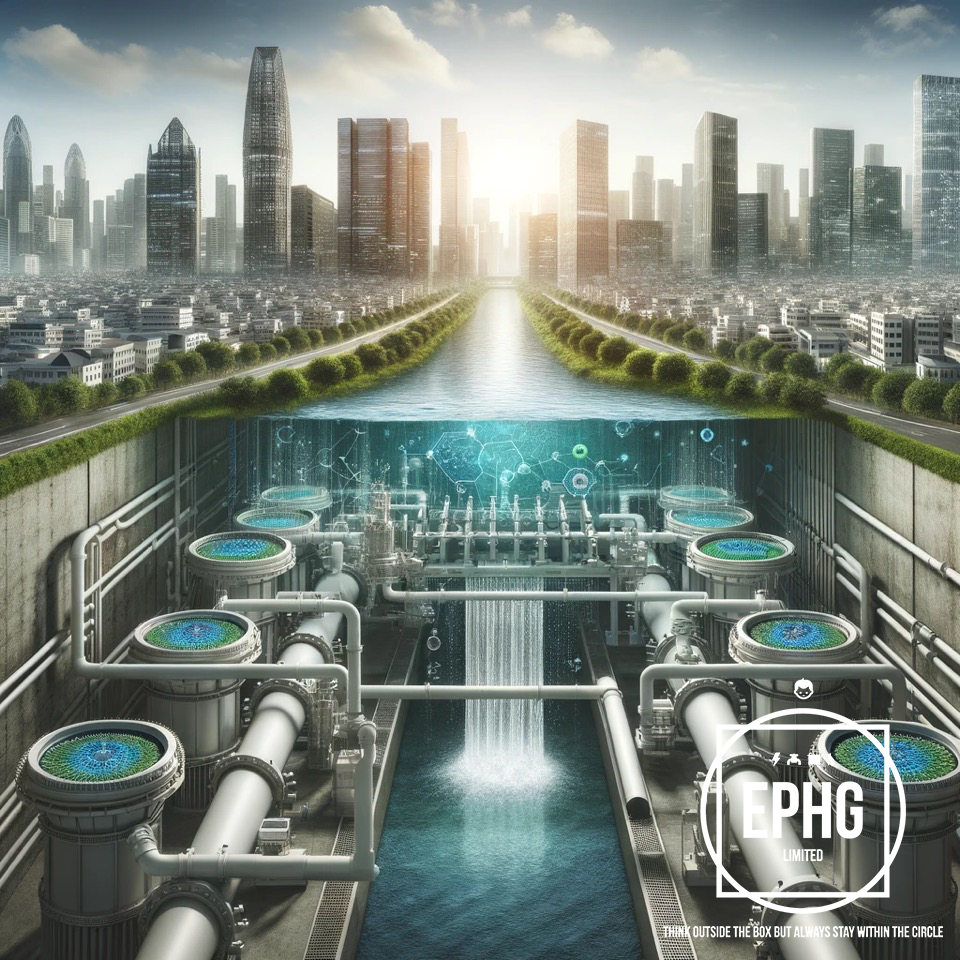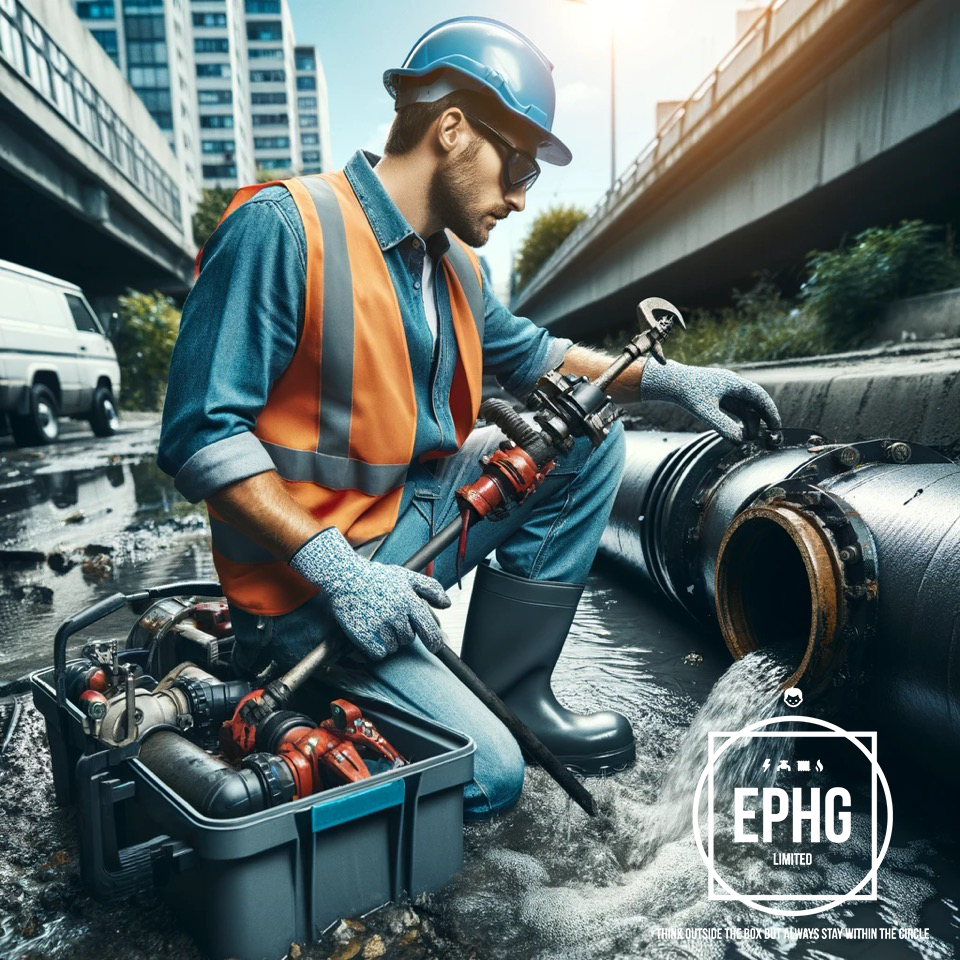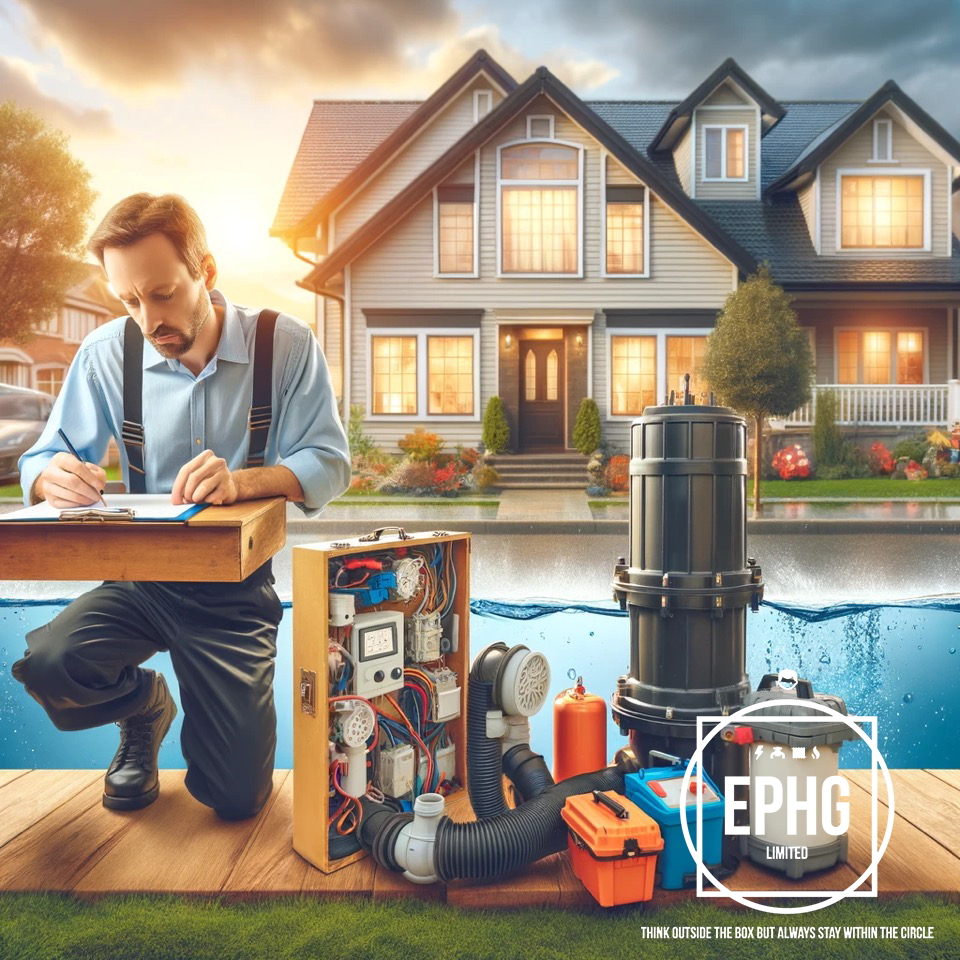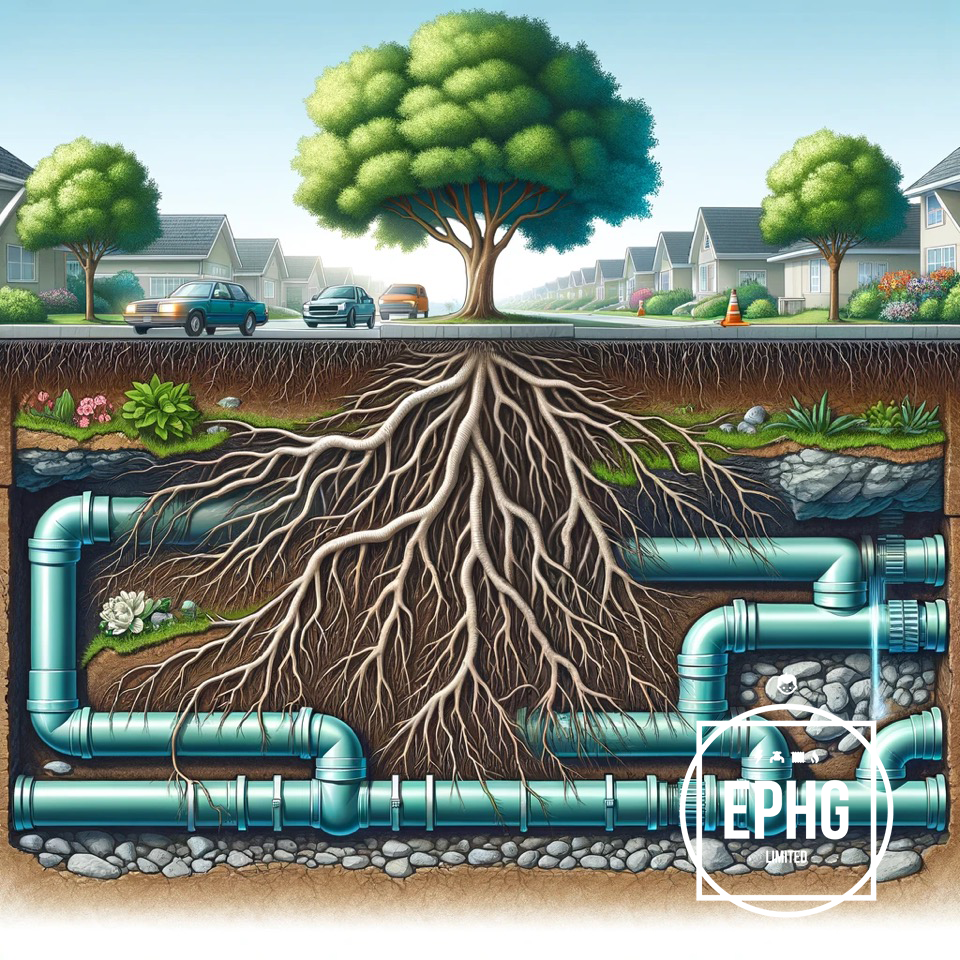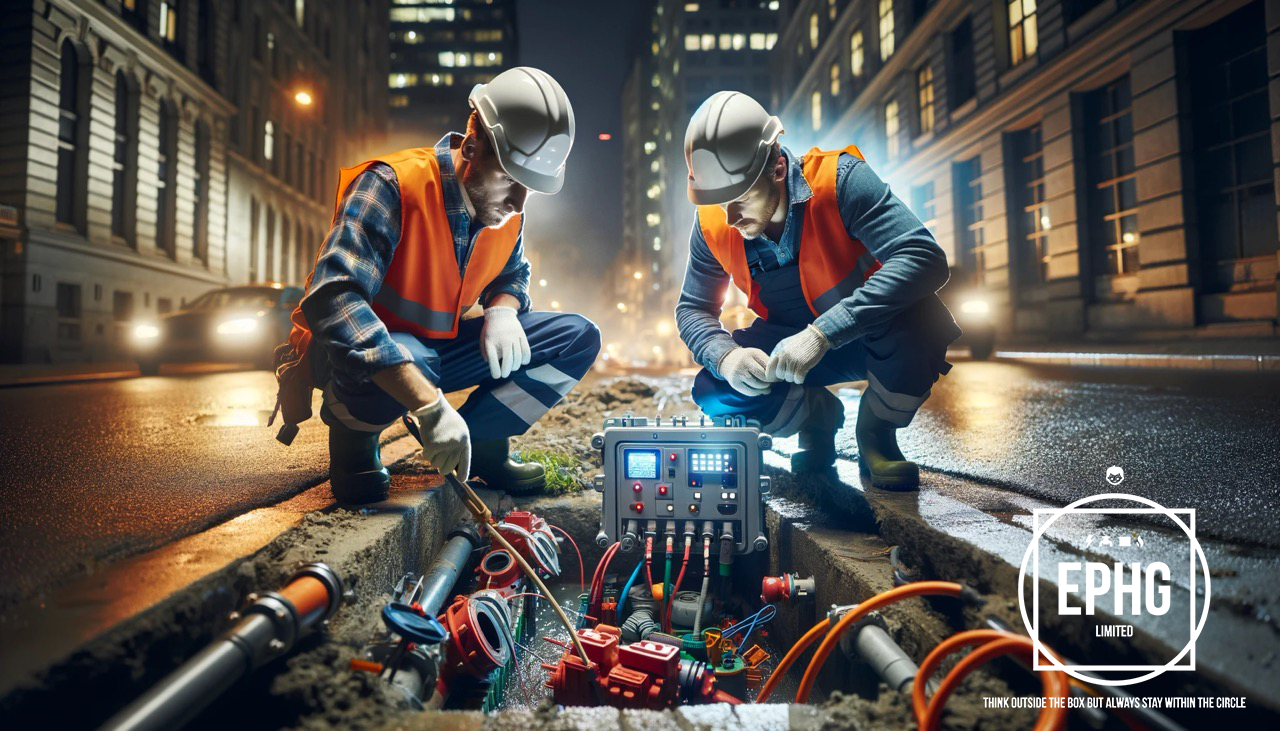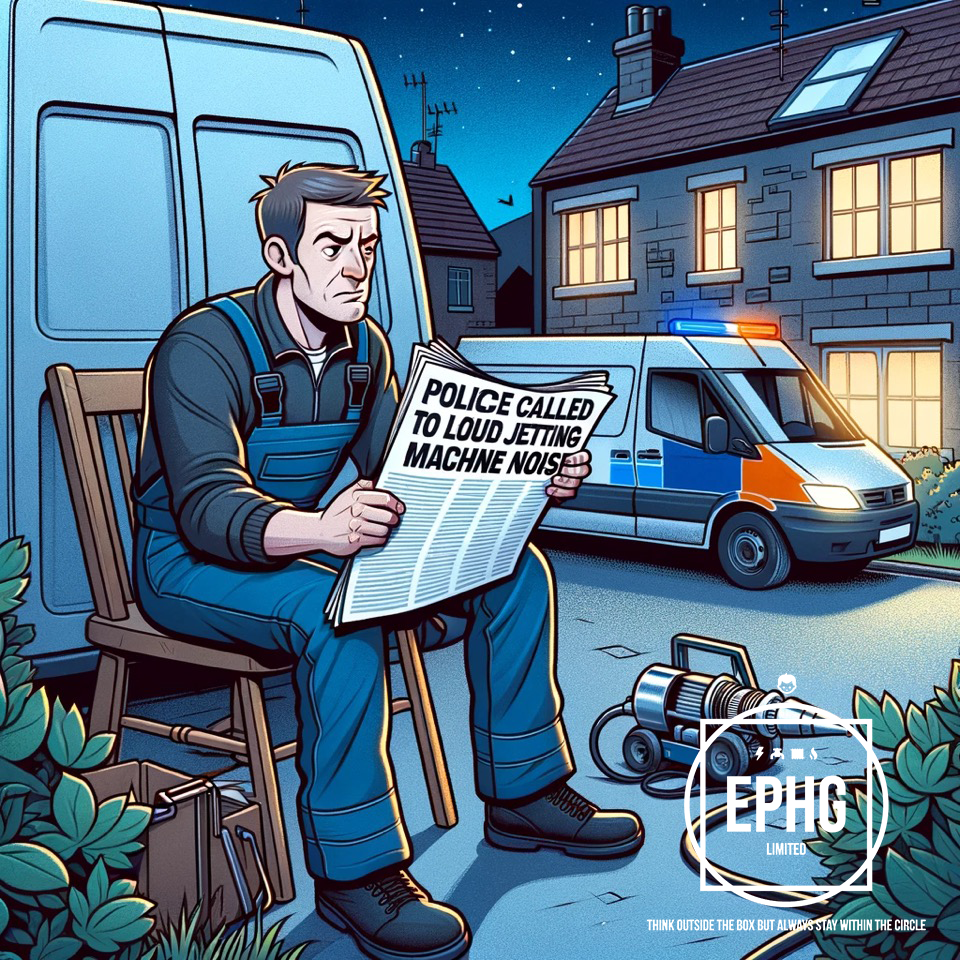
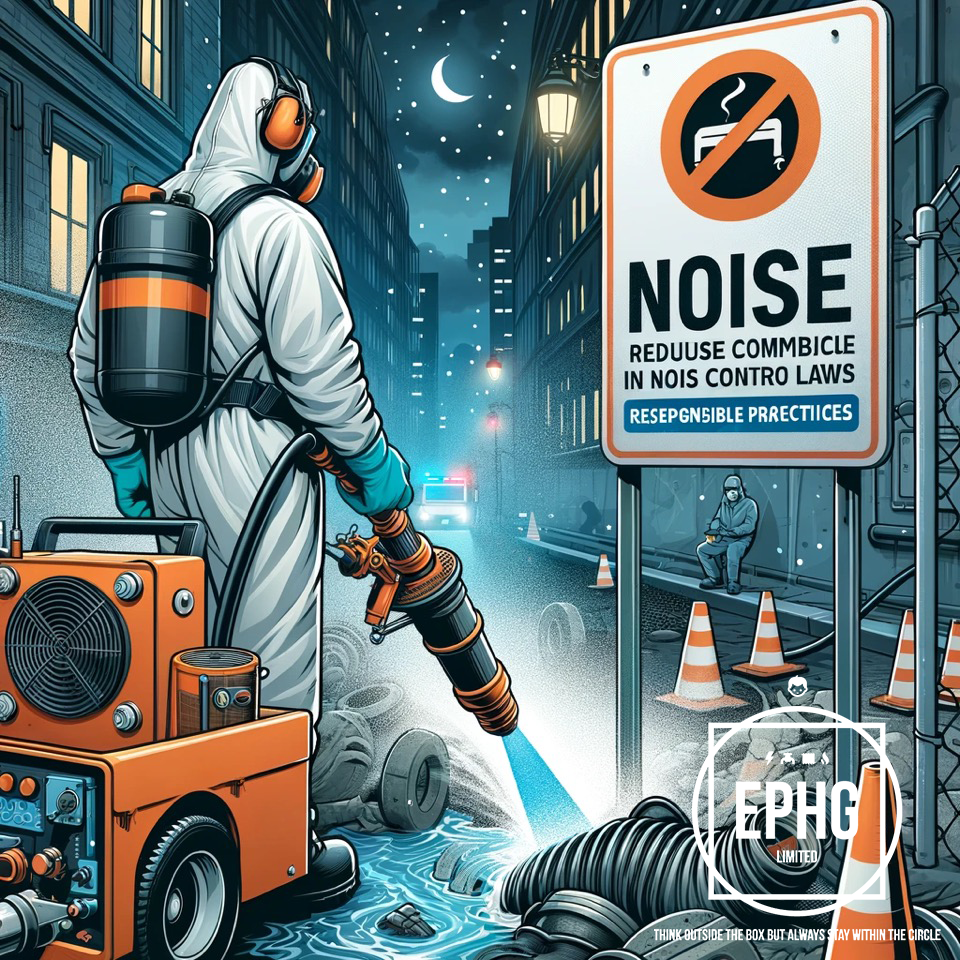
Understanding UK Drainage Law and Regulations: A Guide for Homeowners and Emergency Engineers
Navigating the complexities of UK drainage law can be daunting, whether you're a homeowner facing unexpected drainage issues or an emergency drainage engineer tasked with providing immediate solutions. This article aims to shed light on essential drainage laws and regulations, ensuring that both customers and professionals are well-informed and compliant.
Drainage and Waste Disposal: Approved Document H
'Drainage and Waste Disposal: Approved Document H' is an essential guideline that forms part of the building regulations in the UK. This document provides comprehensive guidance on the design, installation, testing, and maintenance of various types of drainage and waste disposal systems. It aims to ensure that all drainage systems are constructed and maintained in a manner that prevents the risk of contamination and promotes efficient waste disposal. Key areas covered include requirements for rainwater drainage, foul water sewerage, and waste disposal mechanisms, including septic tanks and sustainable urban drainage systems (SUDS). Adhering to the standards outlined in Approved Document H is crucial for builders, architects, and homeowners to ensure public health, environmental protection, and compliance with national building standards.
For Homeowners: Know Your Drainage Rights and Responsibilities
- Understanding Property Boundaries: UK law stipulates that homeowners are responsible for the drainage system up to the boundary of their property. It's crucial to know where your responsibilities end and where the public sewerage company's begin. This knowledge is vital in preventing disputes and ensuring proper maintenance.
- Dealing with Blocked Drains: If you encounter a blockage, it's essential to determine whether the blockage is in your private drains or the public sewers. While you're responsible for clearing blockages within your property, the local water and sewerage company should handle issues beyond your boundary.
- Permission for New Drainage Systems: Planning to install new drainage systems or alter existing ones? Remember, you may need approval from your local authority, especially if the changes could affect public sewer systems. Always check before proceeding to avoid legal complications.
For Emergency Drainage Engineers: Compliance and Best Practices
- Adhering to Health and Safety Regulations: Safety is paramount. Ensure you're compliant with the Health and Safety Executive (HSE) regulations, especially when dealing with hazardous materials or working in confined spaces.
- Environmental Considerations: Be mindful of the Environmental Protection Act 1990. When disposing of waste or dealing with hazardous materials, follow the correct procedures to avoid pollution and legal issues.
- Emergency Situations: In emergencies, such as severe blockages or flooding, quick action is required. However, it's essential to remain compliant with UK drainage laws, including obtaining necessary permissions for urgent repairs or interventions.
Laws Governing Use of Jetting Machines and Noise Control
The use of jetting machines, especially in drainage and cleaning operations, is governed by specific laws and regulations to mitigate disturbances such as loud noise, particularly during nighttime. Local environmental health departments enforce these laws, which are often based on the Control of Pollution Act 1974 and the Environmental Protection Act 1990. These regulations stipulate acceptable noise levels and operational hours to prevent noise pollution and ensure community peace. For example, using heavy machinery like jetting machines may be restricted during the evening and night hours (typically between 11 pm and 7 am). Operators must ensure compliance with these legal standards to avoid penalties and reduce impact on local residents. Additionally, proper training and use of sound-dampening equipment can help minimize noise levels when using such machinery.
Common Questions Answered
Who is responsible for sewer and drainage maintenance? Typically, homeowners are responsible for the drains within their property, while the local water company manages public sewers.
What should I do if I suspect a public sewer is blocked? Contact your local water company immediately; they are responsible for resolving these issues.
Can I build over a sewer line? Generally, you'll need to seek approval from your local water authority before undertaking any construction that could impact sewer lines.
Conclusion
Understanding UK drainage law and regulations is essential for both homeowners and emergency drainage engineers. By staying informed and compliant, homeowners can prevent legal issues and ensure their property remains safe and functional. Meanwhile, emergency engineers can provide efficient, legal, and safe services during critical situations. Always seek professional advice if you're unsure about any aspect of drainage law.
Remember, maintaining a clear and functional drainage system not only complies with the law but also contributes to a healthier environment and community.
